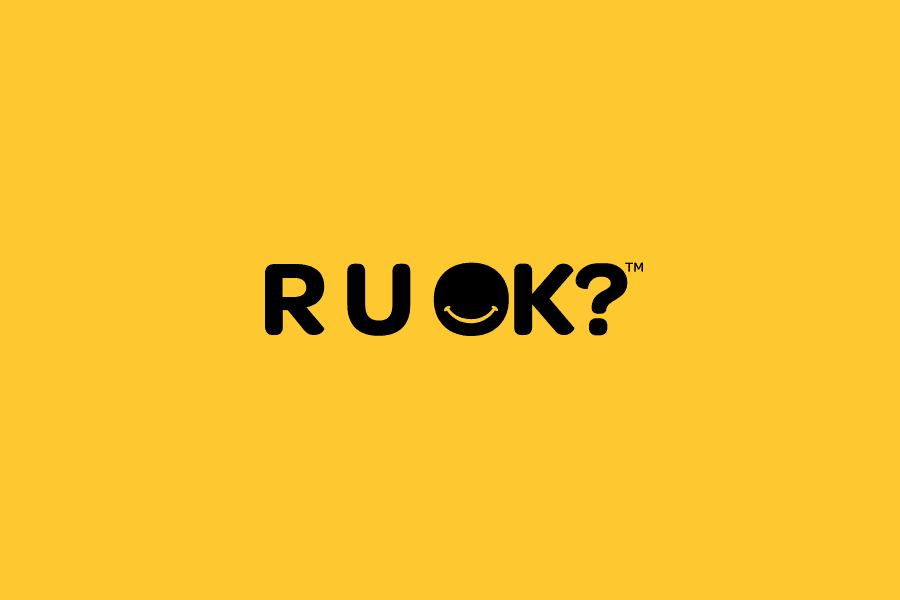A Complete Guide for Parents On ‘R U OK? Day’
Hey there, super-parents! We all know how challenging it can be to keep up with your kids’ world. One thing that might have caught your attention recently is ‘R U OK? Day’. If you’re wondering what it’s all about, you’ve come to the right place! This guide is designed to provide you all the required information about this increasingly popular event and how you, as a parent, can participate productively. So, get ready to add another feather to your superhero cape!
Understanding ‘R U OK? Day’
‘R U OK? Day’ is a national day of action, dedicated to reminding everyone that any day is the right day to ask, “Are you ok?” and support those struggling with life. It is about encouraging open and honest conversations about mental health, and as a parent, it presents an excellent opportunity for you to discuss these crucial issues with your children. Let’s dig deeper into what this day signifies.
Origin and Purpose of ‘R U OK? Day’
Founded by Gavin Larkin in Australia in 2009, ‘R U OK? Day’ was created in response to increasing incidences of mental health issues, including depression and suicide. The day aims to inspire people to start life-changing conversations by asking the simple question, “R U OK?”.
The Importance of ‘R U OK? Day’ In Today’s World
With the advent of technology, it’s easier than ever for us to stay connected, yet many individuals feel more isolated and misunderstood than before. For children and adolescents, these feelings can be particularly potent. ‘R U OK? Day’ is a gentle reminder for all of us to reach out to our loved ones and be there for them when they need us the most.
How Can Parents Participate in ‘R U OK? Day’
As a parent, it can be tough to navigate these complex topics with your children. But fret not, wonderful parents! This day has some engaging and enriching ways for you to get involved. Get ready, because it’s time to roll up your sleeves and dive in!
Lorem ipsum …
Lorem ipsum dolor sit amet, consectetur adipiscing elit. Donec a diam lectus. Sed sit amet ipsum mauris. Maecenas congue ligula ac quam viverra nec consectetur ante hendrerit.

Opening the Conversation
On this day, make a deliberate effort to talk with your child about their feelings and any challenges they might be facing. Remind them it’s okay to not be okay all the time and that discussing their feelings is an act of courage, not weakness. Make this a regular practice, not just confined to ‘R U OK? Day’.
Tips on How to Ask ‘R U OK?’
The question can seem simple, but it can change lives. Here are some tips on how to approach this conversation. Choose a comfortable setting, listen without judgment, encourage action, and ensure you check in regularly.
Join in the Activities
A number of schools, communities, and online platforms organize activities on ‘R U OK? Day’. Participate in these events with your child. It doesn’t just show support for the cause, but it also gives you a chance to bond with your child and engage in meaningful conversations.
Help Them Understand It’s Okay to Seek Help
One of the most important things you can do as a parent is to encourage your child to seek help when needed. Make them aware of the various resources available, be it school counselors, mental health professionals, hotlines, or online support groups.
Conclusion
Cheers to you for taking the time to read through this guide, super-parent! We hope this has prepared you for ‘R U OK? Day’ and has equipped you to guide your child through their mental wellness journey. Remember, it’s not just about one day; it’s about creating a safe space for conversation all year round. Let’s keep the conversation going, because every day is ‘R U OK? Day’ when it comes to our loved ones.
Preparing for R U OK Day: 5 Key Insights for Parents
R U OK Day is an annual event, dedicated to mental health awareness and encouraging open conversations about mental wellbeing. Parents play a vital role in preparing for and participating in this event. Here are five essential things parents should know in preparing for R U OK Day.
1. Understanding the Importance of R U OK Day
The first step for parents is to understand the significance of R U OK Day. This day provides an amazing opportunity to check in with their children, talk about mental health, and let them know that it’s okay to not be okay sometimes.
2. Open up Conversations about Mental Health
Encourage dialogue about mental wellbeing at home. Many youths hesitate to talk about their struggles out of fear or embarrassment. Therefore, parents should foster an environment where children know that they can openly discuss their feelings and experiences.
3. Imparting Emotional Intelligence
Teach your children how to recognise and handle emotions effectively. Understanding emotions will aid in reducing stigma surrounding mental health and help them to empathise with others.
4. Register for the Event
You can make R U OK Day more fun and engaging by registering for the event and participating in community activities. There could be events at school or community centres that your family can join in.
5. Keep the Conversation Going
Although R U OK Day is a significant day, it’s important to maintain open dialogue about mental health all year round. Let your children know they can talk to you at any time and that their feelings are valid.
Starting the conversation about mental health can be challenging but remember, as parents, your support can make all the difference. R U OK Day serves as gentle reminder to us all check-in with those we care about. Together, we can create a supportive, inclusive community.
For more great articles please see here. For more information see here
Disclaimer
The articles available via our website provide general information only and we strongly urge readers to exercise caution and conduct their own thorough research and fact-checking. The information presented should not be taken as absolute truth, and, to the maximum extent permitted by law, we will not be held liable for any inaccuracies or errors in the content. It is essential for individuals to independently verify and validate the information before making any decisions or taking any actions based on the articles.




